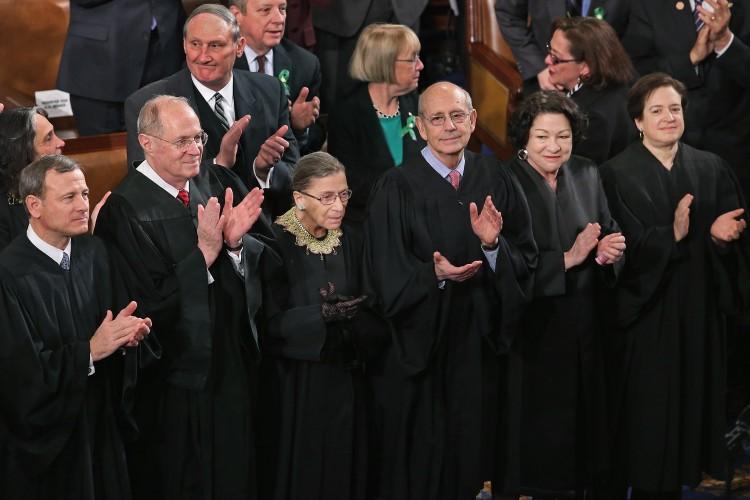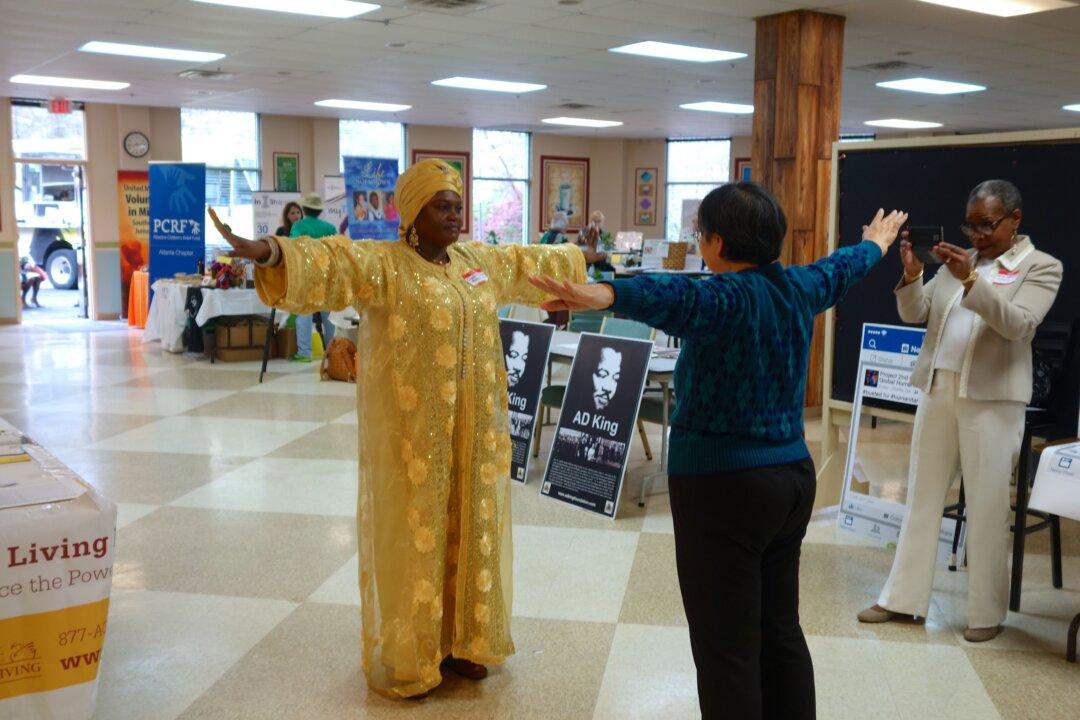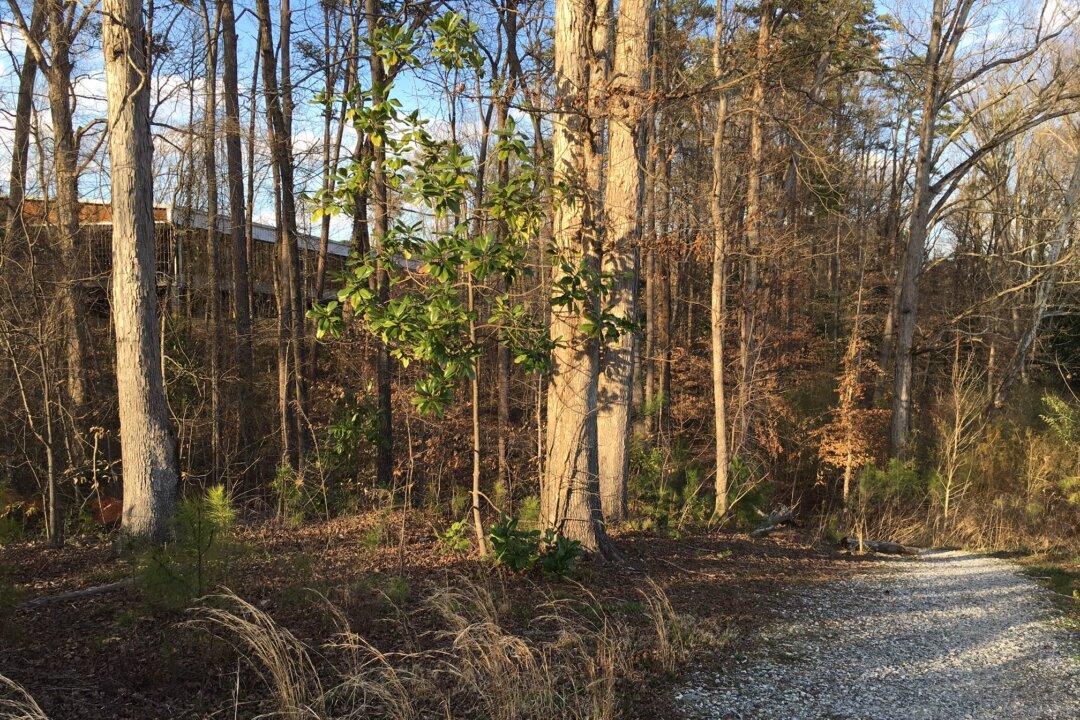In a case one expert deemed as important as Bush v. Gore, the Supreme Court will hear a challenge to Section 5 of the Voting Rights Act on Feb. 27.
Professor Michael J. Pitts of Indiana University’s Robert H. McKinney School of Law said, “I think it is an enormous deal. There is no more sacred statute than the Voting Rights Act. Section 5 has been a cornerstone. It covers all or part of 15 states. It covers all levels of government,” from water districts to city councils, and federal offices.
“It touches every aspect of democracy,” Pitts said.
The challenges to the law are about federal overreaching and whether or not minority protections are still needed 48 years after the law was passed.
“There is absolutely a genuine question about the constitutionality [of Section 5],” Pitts said. “To say there isn’t would be to ignore what the Supreme Court has done over the years.”
Since the Voting Rights Act became law in 1965, certain places with a history of discrimination against minority voters must get federal preclearance before they make any changes to voting procedures or rules, including redistricting, voter identification laws, polling places, and early voting times. That is Section 5.
In multiple cases over the years, courts have ruled that preclearance is still needed and legal, but the Supreme Court has not definitively stated that it is constitutional.
Shelby County, Ala., pre-emptively sued the Department of Justice over a redistricting that may have diluted minority votes. Shelby County v. Holder is what the Supreme Court is considering.
“Redistricting is essentially where politicians get to chose what voters get to choose them,” Pitts said.
Aside from the election of President Barack Obama, most elections are polarized along racial lines—white people elect white representatives, black people elect black representatives, according to Pitts.
“The problem can become if you don’t have majority minority districts,” he said. Then minority people do not have a chance to choose their representatives.
If the court ends preclearance, the effects will be felt gradually over 5 to 10 years, according to Pitts. Especially in rural areas in the South, it might bring a return to all-white government bodies, which few would want.







